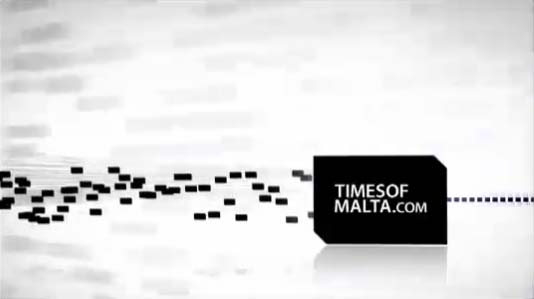We define a tax burden as the ratio of revenue from taxation to the country’s national income as measured by the GDP. This ratio varies over time and from country to country. What is definite about it is that, as the tax burden increases so does the pinch on one’s pocket.
Most of the time this tax burden can come about either by increasing a current tax rate, as has been the case with VAT, which was raised from 15 per cent to 18 per cent, or by introducing a brand new tax. The third way of increasing the tax burden, which is the subject of this contribution, is by stealth. Governments the world over have sneaky ways whereby revenues can be increased to such an extent that they push up the tax burden and this without the full knowledge of the taxpayer.
I am not here referring to tax buoyancy. That is the quality of intelligently-designed taxes that can keep their due revenues growing at the same rate that the economy is expanding, if not more. Income tax and VAT fulfil this prerequisite. They can look after themselves and are able to fill the public coffers as the economy’s growth manages to surge forward. For many that is understandable and find no objection. But for sneaky ways?
The first sneaky way to increase the tax burden is by avoiding to inflation-proof the country’s income tax. Most advanced countries are not allowed to use this form of hidden taxation. We all know that inflation, even if it were compensated by appropriate wage increases, such as with our local Cola arrangement, does nothing to add to our standard of living. So why should we pay income tax on our Cola and additional inflation-related wage and salary increases? Up to now the Maltese government has not put into place a system whereby each year the tax thresholds are increased automatically (index-linked) to account for nominal wage increases that do not add anything to the real take-home pay.
Many tax payers do not perceive the effects of this nominal fiscal drag. The government knows this. So it may prefer to adjust tax brackets manually once every few years. What in effect is simply the restoring of real tax rates to their approximate pre-inflation levels appears to be a benevolent act of the government looking as if it is cutting taxes. Not surprisingly, such changes are usually made right before a general election or after, in fulfilment of a pre-election promise.
The latest weapon to be used by the government to increase the tax burden by stealth is the increase of public monopoly tariffs following the removal of a government subsidy. This has been observed with tariff increases of electricity and water last October, the price hike of gas as of April 1 and the soon-to-be introduced drainage tariff.
Let us be clear about the argument. One could make a good case for the introduction of earmarked tariffs for specific services such as water or drainage facilities to ensure the recovery of their cost. One may also make a similar good case for the removal of subsidies on certain services such as energy, water, gas and other public utilities to reflect their true cost to society.
However, one should not use this change of policy to increase the tax burden by stealth. Let me explain. Take the price hike on gas cylinders. On the eve of the price hike, the production and distribution of gas on the island was paid for in two ways. One was paid directly by the consumer, admittedly at a relatively low price. The other was paid for, indirectly, by the taxpayer who ultimately finances the subsidy paid by the government to Enemalta to keep the price of a gas cylinder lower that the market would demand.
What has changed on April 1? The consumer has been asked to shoulder a price hike, which permits the government to reduce its previous public service obligation subsidising the price of gas. So while the Maltese, with a consumer hat on, has been asked to make a higher contribution, he or she, this time wearing the tax payer hat, has not been compensated for the saving made on the reduced subsidy. The government has pocketed the difference. The same sneaky tax deal has occurred with water and electricity and soon would be applied to drainage services.
If one had any doubt as to how the Maltese government has promised the EU, in its latest stability and convergence report, that the tax burden for Malta was to increase without the introduction of new taxes or the raising of current tax rates, now one knows how this is done.
by Prof. Edward Scicluna, The Times of Malta – Wed 8th April 2009
